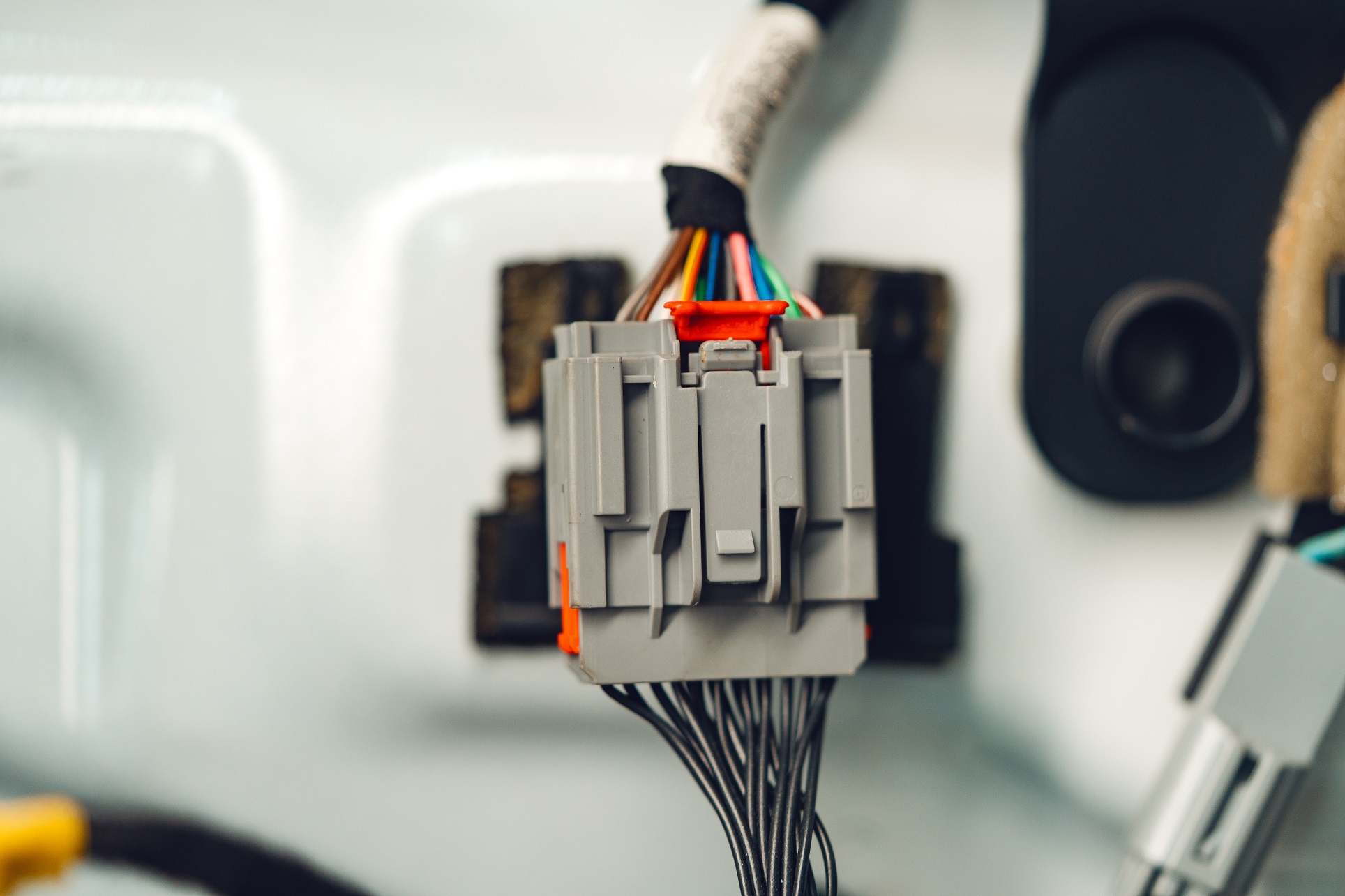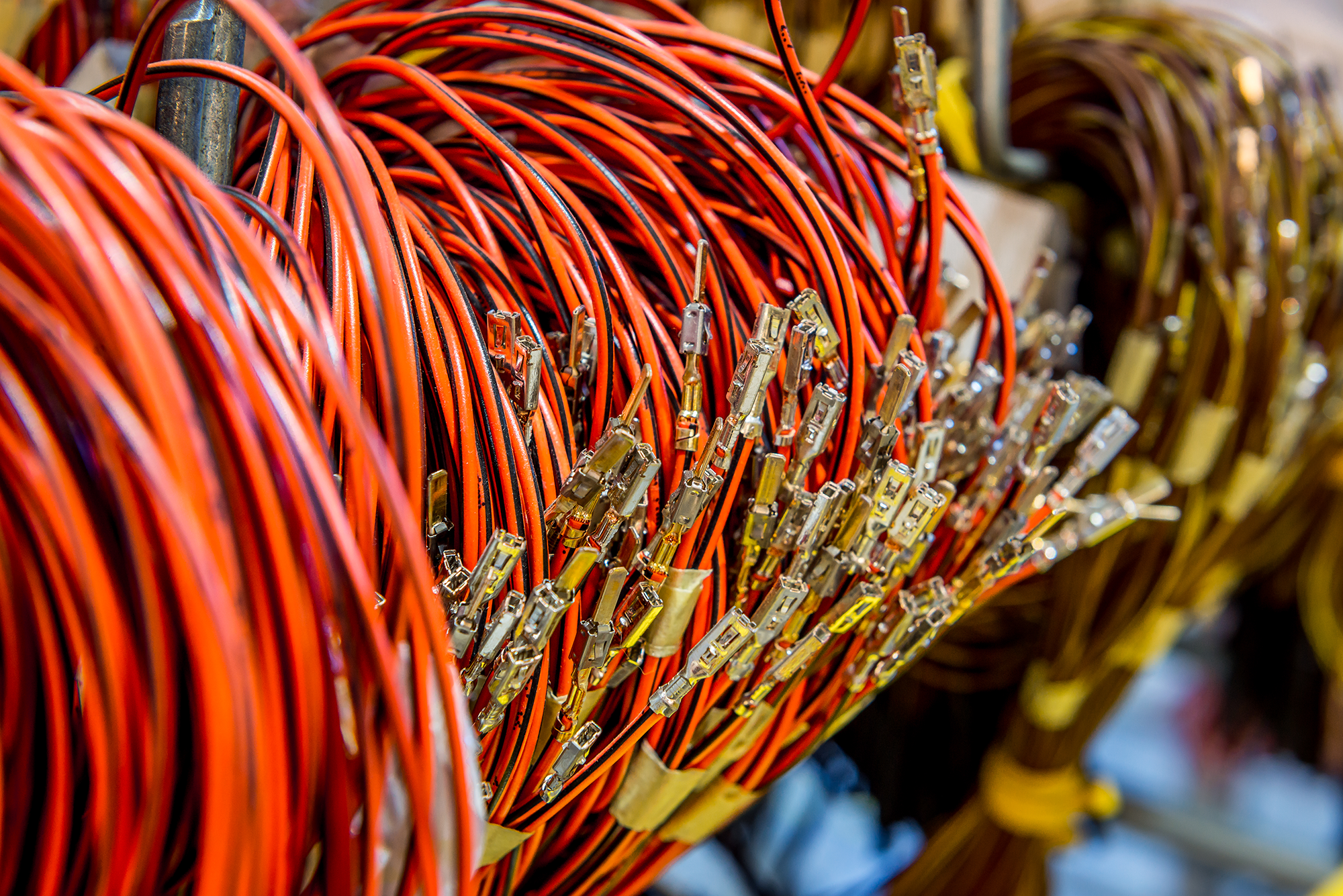BLOG
2024/09/20
Automotive Male and Female Connectors

Basic Principles of Male and Female Connectors
-
Male Connector:
- Typically has protruding metal pins that plug into the female connector.
- Usually comes in various pin configurations to accommodate different circuit requirements.
-
Female Connector:
- Features corresponding slots to receive the pins from the male connector, forming a secure electrical connection.
- Often designed with features to prevent incorrect or reverse insertion.
Common Materials
- Plastic Housing: Common materials include PA66 and PBT, which are lightweight and possess good heat resistance and chemical corrosion resistance.
- Metal Contacts: Primarily made of copper, often treated with gold or tin plating to enhance conductivity and corrosion resistance, extending the lifespan.
Design Considerations
- Environmental Resistance: Connectors must operate reliably under extreme conditions such as high temperatures, humidity, and vibration, while maintaining good contact over time.
- Ingress Protection Rating: Many automotive connectors need to meet specific IP ratings, such as IP67 or higher, indicating that the connectors must be waterproof and dustproof.
- Safety and Locking Mechanisms: Most connectors are equipped with locking mechanisms to prevent disconnection due to vibrations during vehicle operation, which is crucial for safety.
Application Areas
- Engine Systems: Connectors are used in engine control units, sensors, and fuel injection systems to ensure stable transmission of power and signals.
- Lighting Systems: Used for headlights, taillights, and turn signals to ensure quick and easy electrical circuit connections.
- Internal Electronics: Systems like car audio, air conditioning, and navigation rely on these connectors for power and data transmission.
Brands and Standards
- Major Suppliers: Well-known automotive connector manufacturers include TE Connectivity, Delphi, Molex, and Yazaki.
- Quality Standards: These connectors typically comply with international standards such as ISO 9001 and IATF 16949 to ensure high quality and reliability.
Conclusion
In summary, automotive male and female connectors are indispensable components of the vehicle's electrical system. Their material selection, design, and application directly impact the stability and performance of the entire vehicle. When choosing connectors, it is essential to consider their suitability, environmental requirements, and safety features to ensure reliability under various conditions.






